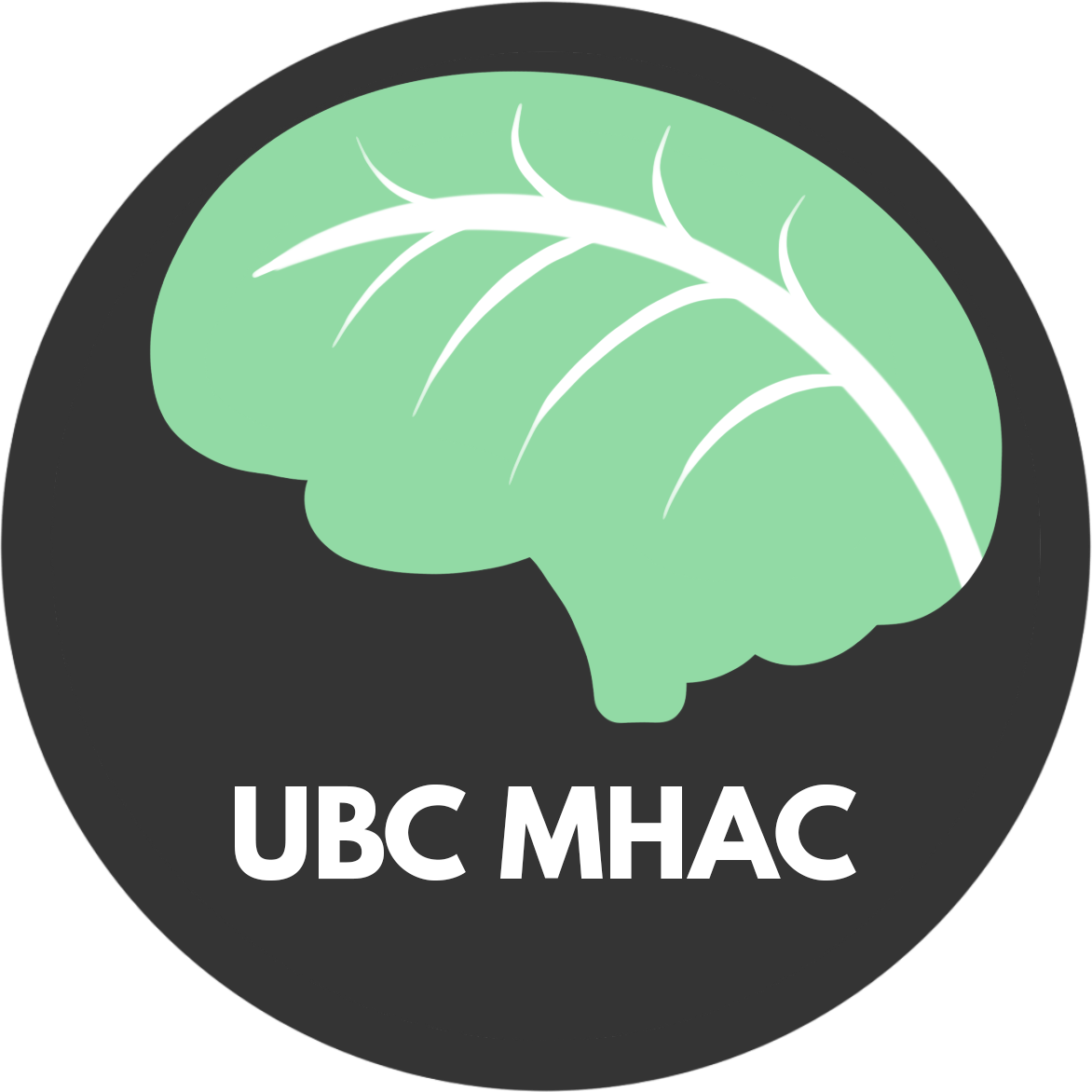As students, we all know what it feels like to procrastinate. It starts with the feeling of of being weighed down by the upcoming task, then you begin dreading the start of the task, and finally you give in to instant gratification by preoccupying yourself with other responsibilities to avoid what you really have to do. Yet we still ask the question, “why am I not working on what I have to do?” Perhaps the following tips discussed by researcher Dr. Pychyl will help.
1.) Time Travel: Often times, we can get caught up with the dread of simply starting the project. We can, however, attempt to project ourselves into the future and evaluate the cost and benefits of completing the task. It is often the case where completion of the task would alleviate anxiety and bring a sense of accomplishment or pride. This is what Dr. Pychyl calls a “mood boost”.
2.) Get Started!: As we step foot into higher level courses, assignments will be harder and longer. Finishing a project may seem daunting. In this case, it is important to just start and take the assignment one step at a time. You do not necessarily have to finish it on the spot, but getting a heads start would allow for time to brain storm if you happen to get stuck.
3.) Don’t Guilt Trip Yourself: There’s always going to be that feeling of “I could have done better” or “I could have done more.” Getting too caught up in those self critical comments may actually increase procrastination. Acknowledging that you could have done more or better and forgiving yourself about putting off studying can actually prevent procrastination the next time an exam comes around.
4.) Ease yourself into the To-Do List: It may be easier to start with the simpler tasks on the to-do list first. The resulting pride in accomplishment may fuel the completion of the list of tasks. Some researchers and psychologist disagree with this tip, however, because completion of easy tasks may give a false sense of accomplishment.
Other than Dr. Pychyl’s tips, here are some other handy tips to prevent procrastination.
– study in different rooms: Different rooms can impact our productiveness and creativity. In addition, study rooms can be organized such that different areas can represent separate subjects. When trying to remember notes during the exam, thinking of the dedicated room for the subject may help with the retrieval process. Sometimes, study environments that used to be beneficial may lose its effect. In this case, it is important to re-evaluate the work space and try to find new inspiring study areas.
– be realistic about your time schedule: Procrastination often leads to cramming. Although cramming may sometimes work (and it often does for undergraduates), some larger projects may require involvement on a longer time line. Setting time constraints for tasks can help push you towards completing the assignment. However, setting unrealistic time schedules can actually increase stress and create a sense of incompetency.
Procrastination is bound to happen to all of us eventually, whether it occurs in our academic or life careers. Whichever tip you decide to follow, just remember that procrastination may give temporary relief but it will lead to stress in the long run.
Sources:
http://www.wsj.com/articles/SB10001424052702303933104579306664120892036
http://www.princeton.edu/mcgraw/library/for-students/avoiding-procrastination/
http://www.lifehack.org/articles/lifehack/11-practical-ways-to-stop-procrastination.html
